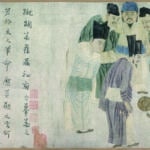Cultural Journey to the Origin of Football
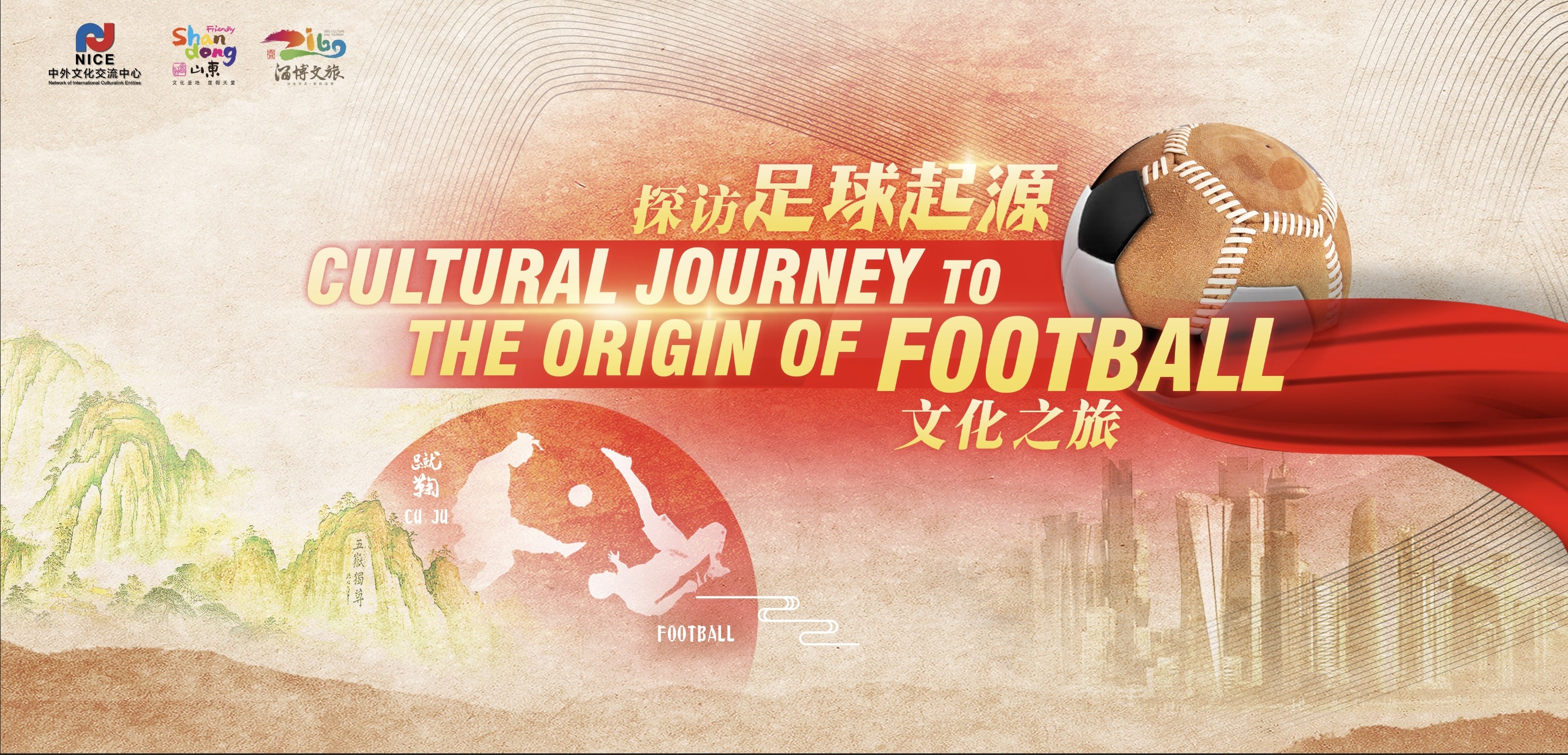
Cuju is a ball game first played in Linzi, the capital of the historical State of Qi, in present-day Shandong Province of China, during the Spring and Autumn and Warring States period. With a history of more than 2,000 years, Cuju is recognized by FIFA as the origin of football.
As a product of ancient Chinese wisdom, Cuju embodies the spirit of teamwork and sportsmanship. In ancient China, as a way of entertaining and military training, Cuju enjoyed widespread popularity from royalty to commoners, and evolved with the passage of time. Through friendly exchanges between China and the rest of the world, Cuju was introduced to many other countries and became intermingled with their respective cultures.
Our journey of discovering the Cuju culture will be incomplete without talking about its place of origin, Shandong, China. Steeped in culture and history, Shandong saw the birth of “Li”, traditional Chinese norms of proper social behaviors. It was also home to China’s earliest institute of higher education, witnessing the “Contention of a Hundred Schools of Thoughts”. Shandong is more than the birthplace of Confucianism. The prehistoric archaeological sites there also proved it to be an important cradle of Chinese civilization. All of these gave Shandong an essential role in the early civilization development of China. Shandong, an extraordinary land, boasts green mountains and blue seas. It is home to Mount Tai, a UNESCO mixed natural and cultural heritage site, the estuary of the Yellow River, the mother river of the Chinese nation, Confucius, the great ancient Chinese philosopher, the Great Wall of Qi, China’s oldest existing Great Wall, 200 years older than the Athenian Long Walls, and the “Wonderland Coast”, which stretches for more than 3,300 kilometers.Shandong today is committed to inclusivity and innovation. Just as Confucius said, “How happy we are, to meet friends from afar.” With Cuju and football as a bond, Shandong is pleased to share with the whole world its story about cultural inheritance as well as a message of friendship and harmony.

杜堇.jpg)
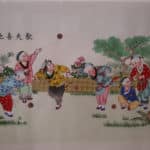

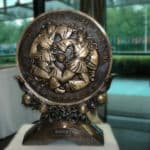
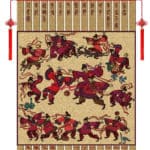
刻本-150x150.jpg)
